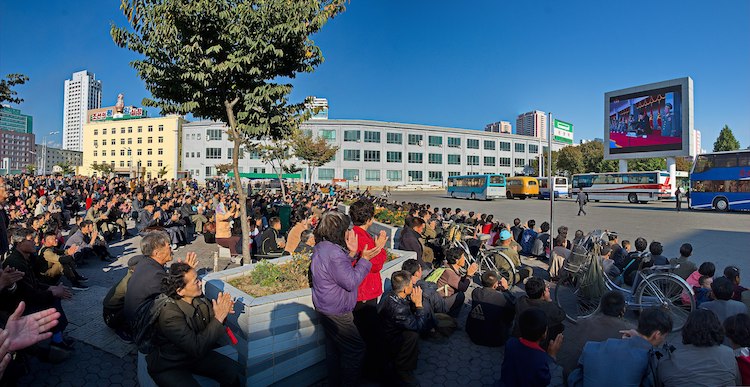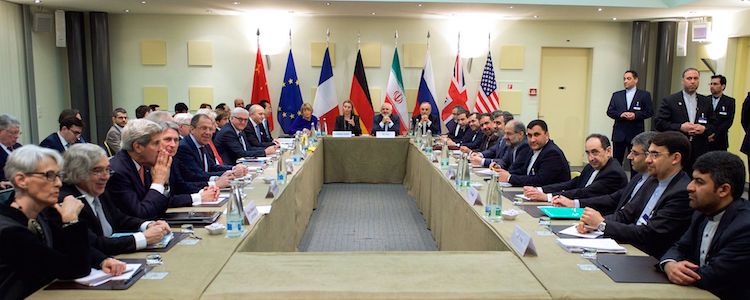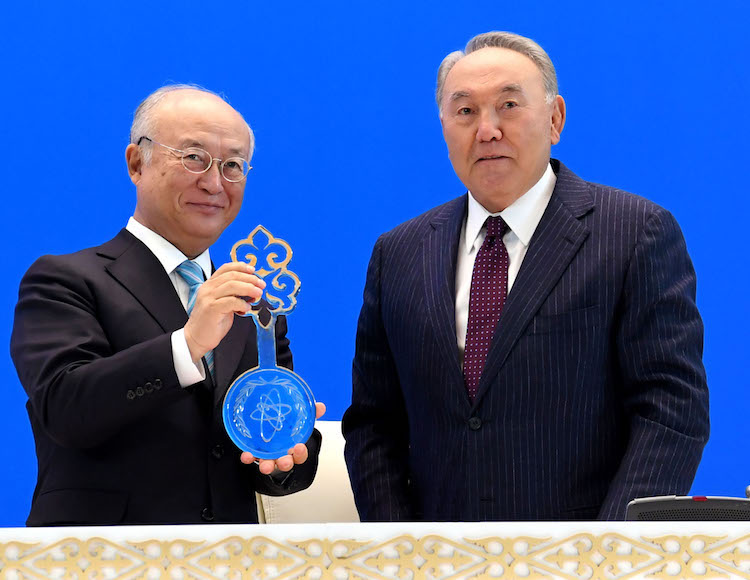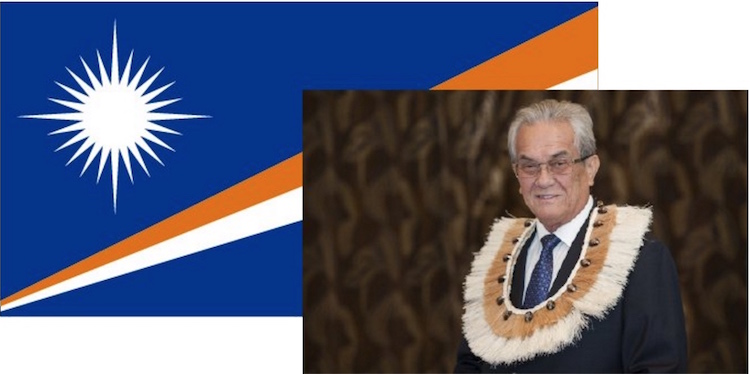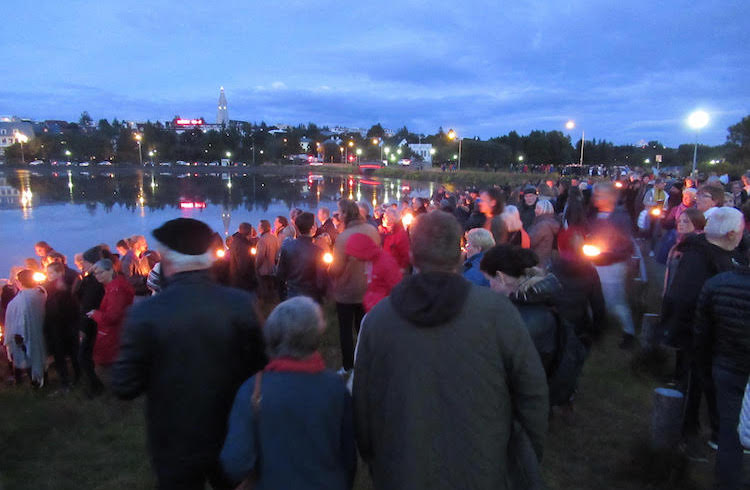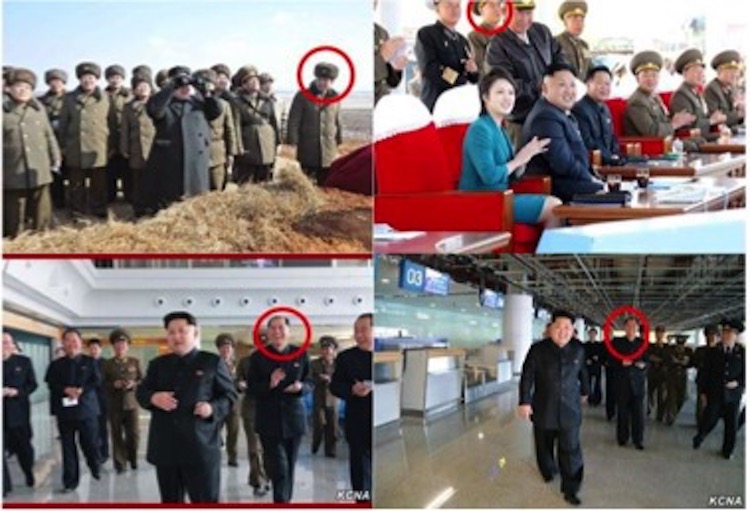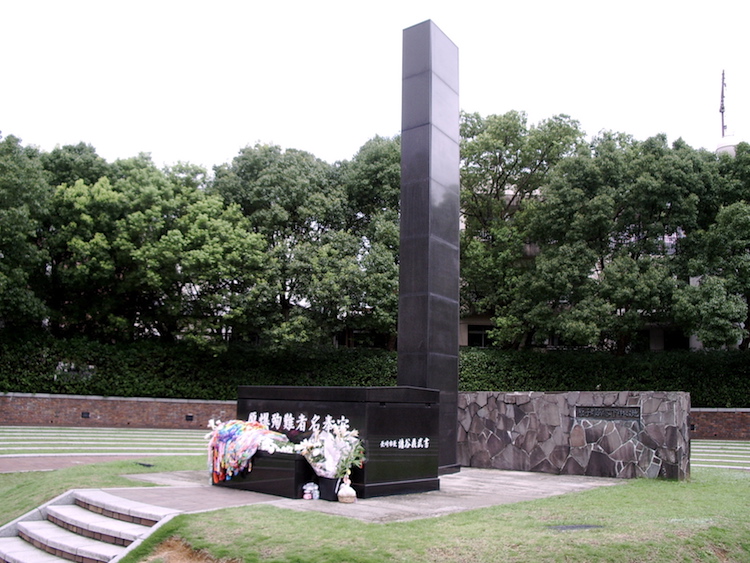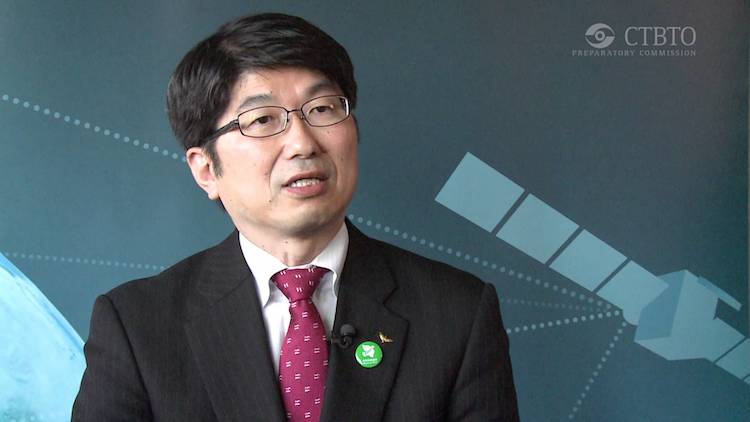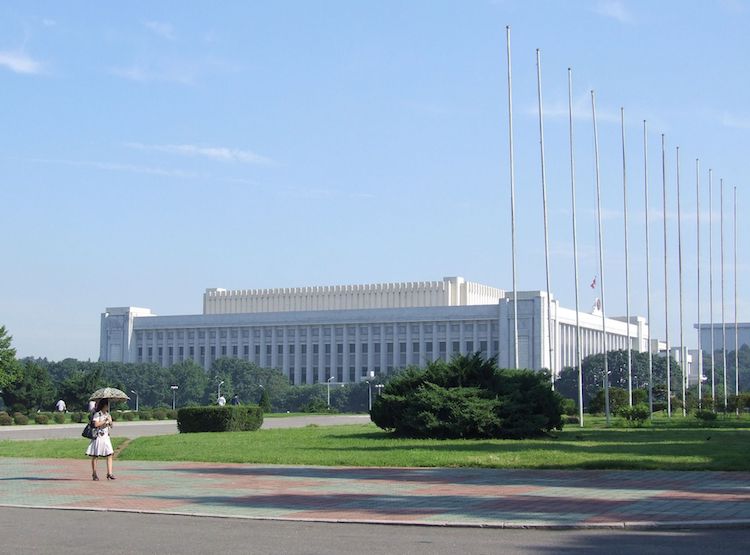By J C Suresh
TORONTO | WASHINGTON, DC (IDN) – U.S. President Donald Trump and his administration have failed to competently execute their own stated policy of “maximum pressure and engagement” with North Korea, says the Arms Control Association (ACA), which is dedicated to promoting public understanding of and support for effective arms control policies.
In a statement on North Korea’s 5.9 to 6.3 magnitude nuclear test explosion on September 3, ACA’s Executive Director Daryl G. Kimball says: “Trump has greatly exacerbated the risks through irresponsible taunts and threats of U.S. military force that only give credibility to the North Korean propaganda line that nuclear weapons are necessary to deter U.S. aggression, and have spurred Kim Jong-un to accelerate his nuclear program.”

